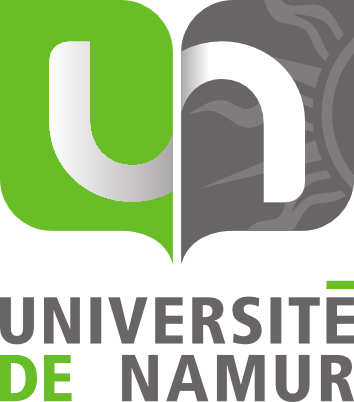Economics seminars - Natalia Rigol
"Targeting High Ability Entrepreneurs Using Community Information: Mechanism Design In The Field"
Date : 06/11/2018 16:00 - 06/11/2018 18:00
Lieu : Salle C. Joset (4ème étage) - Fac. Sc. économiques
Dear all,
You are cordially invited to the following seminar co-organized by CERPE, CRED and CEREFIM at the Department of Economics in Namur.
Hope to see
you all,
"Targeting High Ability Entrepreneurs Using Community Information: Mechanism Design In The Field"
Speaker: Natalia Rigol
(MIT)
Date and time: Tuesday, November 6, 2018 at 4pm
Room 401, Rempart de la Vierge 8, Namur
Abstract
Microentrepreneurs in low-income countries have high marginal returns to capital yet face significant credit constraints. Because returns are highly heterogeneous, the cost of assessing credit worthiness often makes lending to this sector unprofitable. In this paper, we show that (1) community knowledge can help overcome information asymmetries prevalent in poorly developed financial markets and that (2) appropriately designed elicitation mechanisms can extract truthful community reports. We asked entrepreneurs in Maharashtra, India to rank their peers on metrics of business profitability and growth potential. To assess the validity of their reports, we then randomly distributed cash grants of USD 100 to a third of these entrepreneurs. We find that information provided by community members is highly predictive of the marginal return to capital: entrepreneurs ranked in the top tercile earn returns of 23% per month, which is three times the average return within the sample. We horserace community rankings against a machine learning prediction built using entrepreneur characteristics and find that peer reports are predictive over and above observable traits. Yet community information is only useful if it is feasible to collect truthful statements. We experimentally vary the elicitation environment and demonstrate agency problems when community members have incentive to lie: accuracy of community reports decreases by a third when cash grants are at stake. But we also show that tools from mechanism design can be used to address these agency problems. Paying for truthfulness using a peer prediction rule fully corrects for strategic misreporting induced by the high-stakes environment. Public reporting and cross-reporting techniques motivated by implementation theory also significantly improve the accuracy of peer reports.
More information: http://defipp.unamur.be/events/economics-seminars-natalia-rigol
Other seminars: http://defipp.unamur.be/seminars
Télecharger :
vCal
